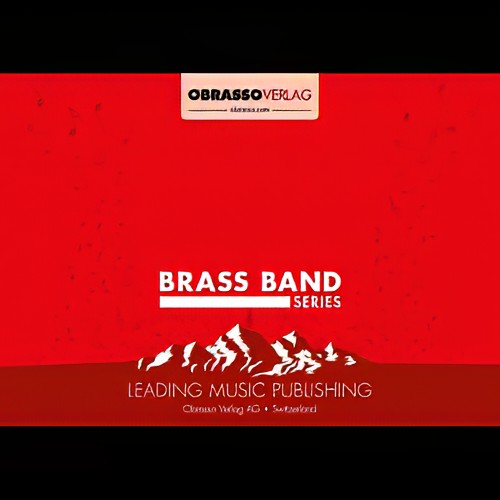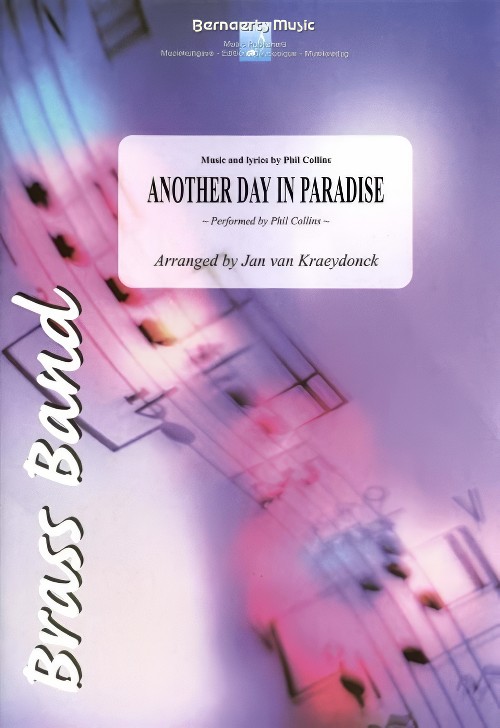We've found 41 matches for your search. Order by
Results
-
 £108.10
£108.101492 Conquest of Paradise - Vangelis
Estimated dispatch 5-14 working days
-
 £38.60
£38.60LISTEN TO THE BAND IN THE FOOLS PARADISE - Macdui Alain
Estimated dispatch 7-14 working days
-
 £19.60
£19.60LISTEN TO THE BAND IN THE FOOLS PARADISE (Partitur/Score) - Macdui Alain
Estimated dispatch 7-14 working days
-
 £35.60
£35.60 -
 £19.60
£19.60SWINGIN' IN PARADISE (Partitur/Score) - Terrett Keith
Estimated dispatch 7-14 working days
-
 £50.90
£50.90In Paradisum (In Paradise) (Cornet Solo with Brass Band - Score and Parts) - Faure, Gabriel - Preece, Mark
Finale from Requiem, Op.48, dedicated to the Eternal Rest of Canadian composer, conductor and dear friend, Malcolm Forsyth (1936 - 2011).
Estimated dispatch 7-14 working days
-
 £53.99
£53.99Another Day in Paradise (Brass Band - Score and Parts) - Collins, Phil - Kraeydonck, Jan van
As performed by Phil Collins. Duration: 3.45
Estimated dispatch 7-14 working days
-
 £33.00
£33.00 -
 £50.90
£50.90CONQUEST OF PARADISE (1492) (Brass Band) - Vangelis - Woude, Klaas van der
Grade Easy/Medium. Duration: 4:40
Estimated dispatch 7-14 working days
-
 £50.90
£50.90CONQUEST OF PARADISE, THE (Brass Band) - Vangelis - Fernie, Alan
Medium
Estimated dispatch 7-14 working days
